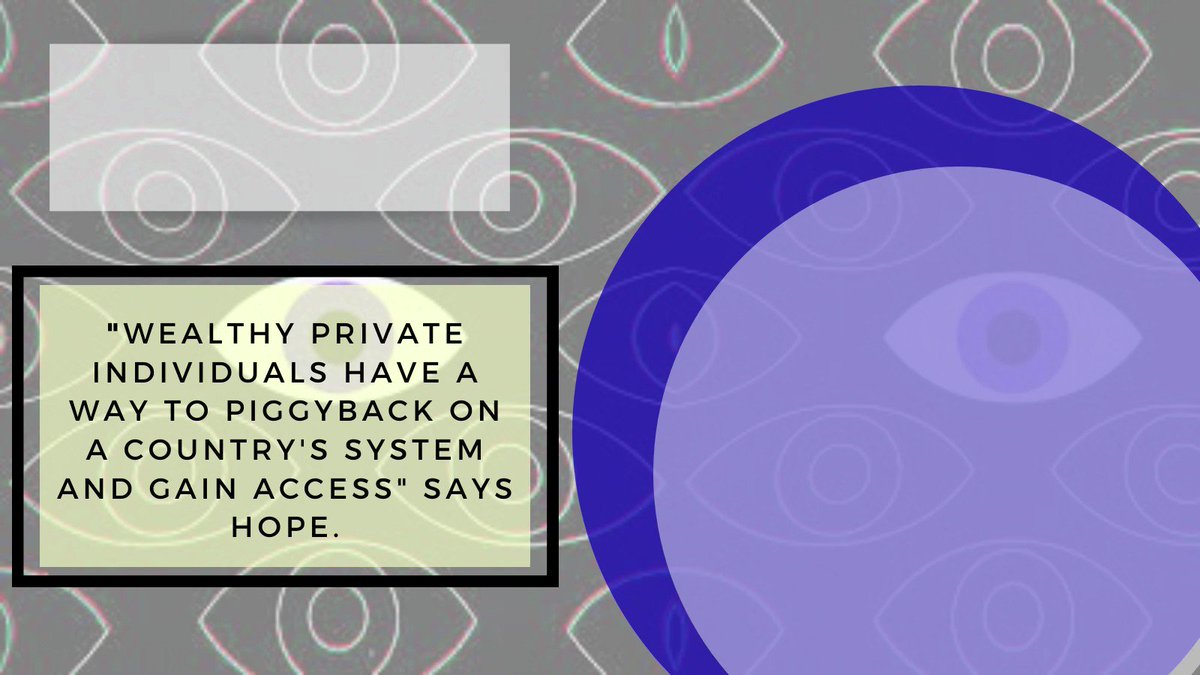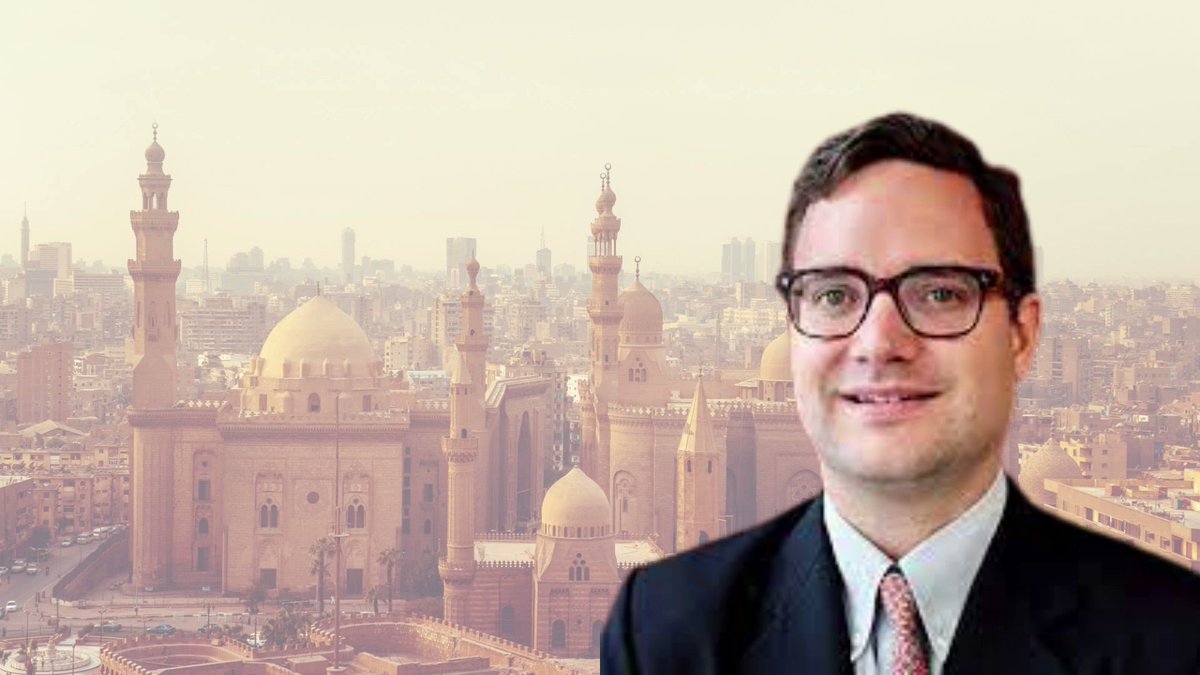Sharnya Rajesh
6:00
6:06
6:10
6:11
6:15
6:16
6:20
6:26
6:26
6:31
6:35
6:37
6:42
6:43
6:46
6:47
6:48
6:53
6:56
6:58
7:03
7:05
Connecting…






